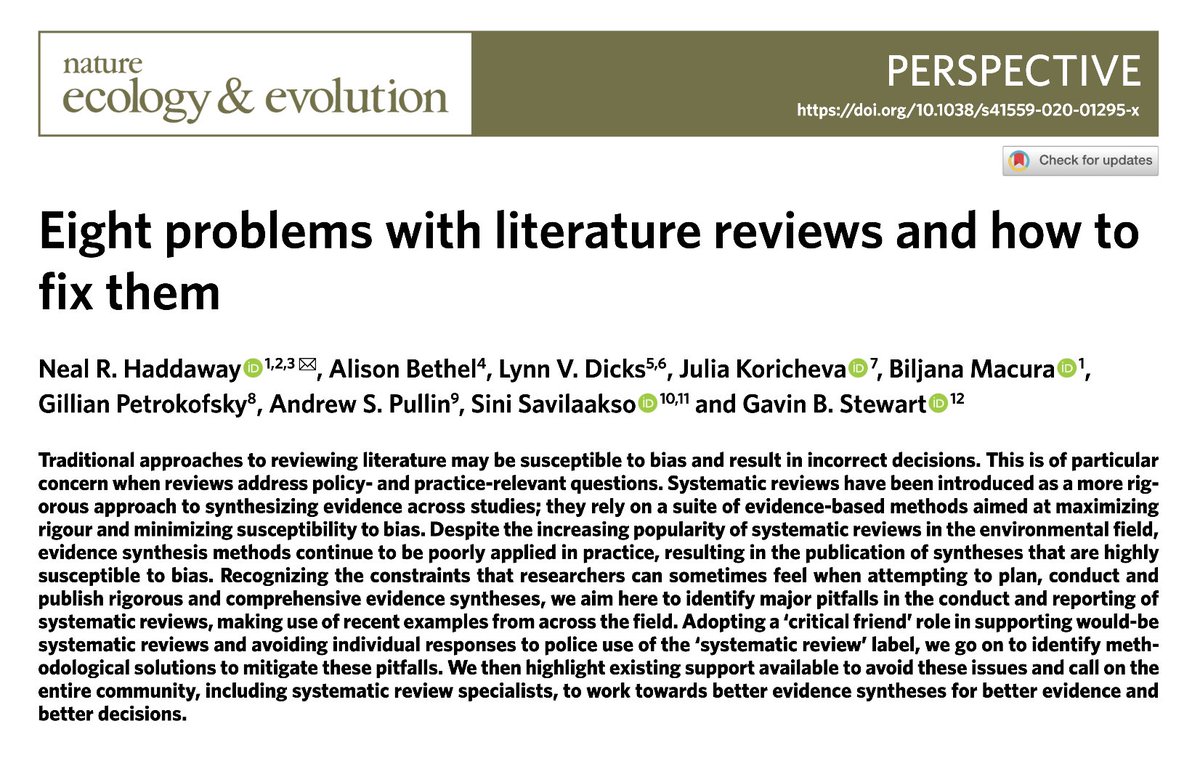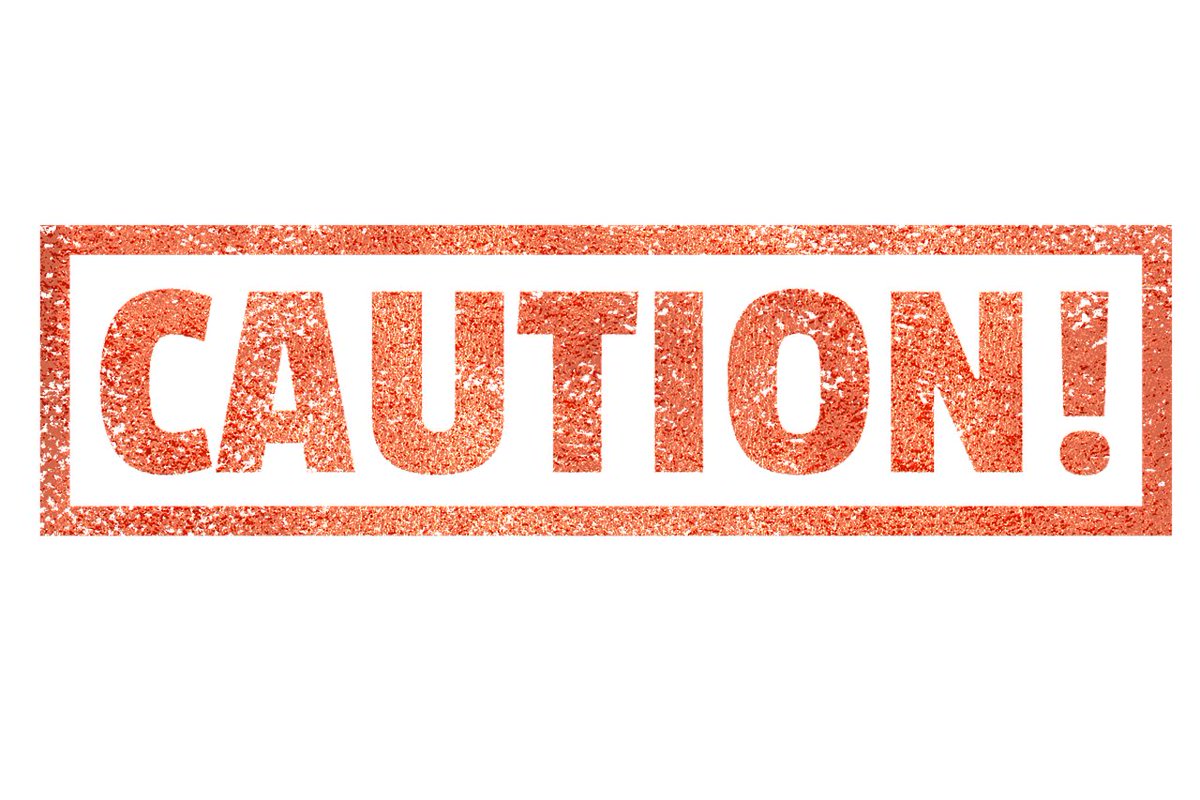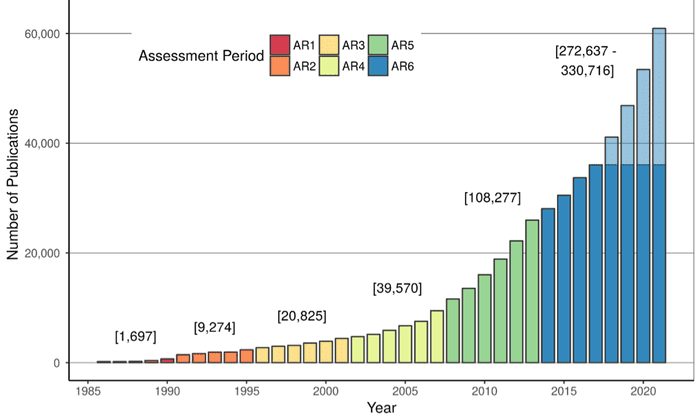🚨greylitsearcher update🚨
Significant upgrade to greylitsearcher! Now supports advanced searching of Google AND provides a search report text file.
estech.shinyapps.io/greylitsearche…
Here's some details... 🧵
#medlibs #InformationRetrieval @SystematicSearching #EvidenceSynthesis
Significant upgrade to greylitsearcher! Now supports advanced searching of Google AND provides a search report text file.
estech.shinyapps.io/greylitsearche…
Here's some details... 🧵
#medlibs #InformationRetrieval @SystematicSearching #EvidenceSynthesis

And you can search across multiple sites simultaneously... (just be sure they support Google site: searching)
developers.google.com/search/docs/ad…
developers.google.com/search/docs/ad…
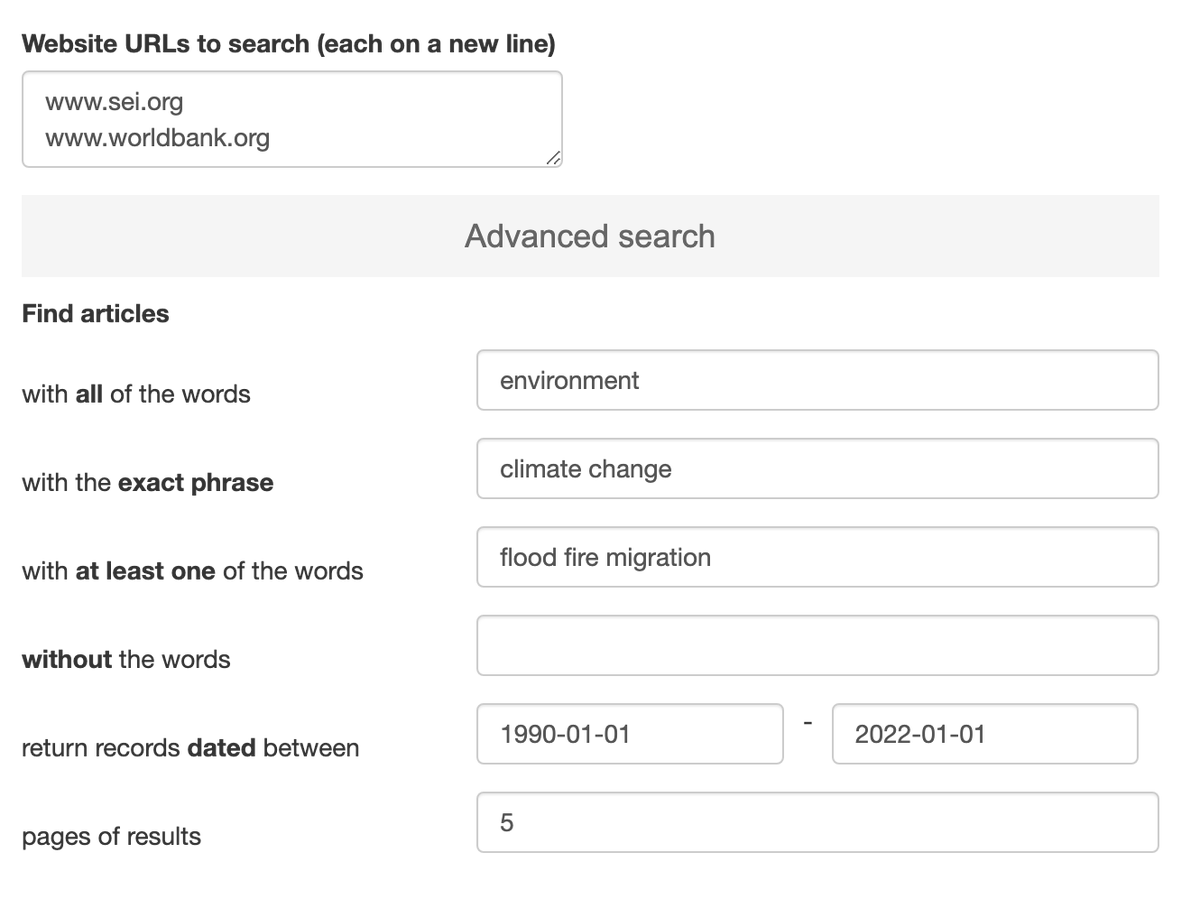
It then grabs the HTML for each page of results, pausing to remain 'friendly' to the bots at Google HQ: 

The grabbed HTMLs are then scraped for patterned data and the results are tabulated for each source page, showing titles, descriptions and links: 
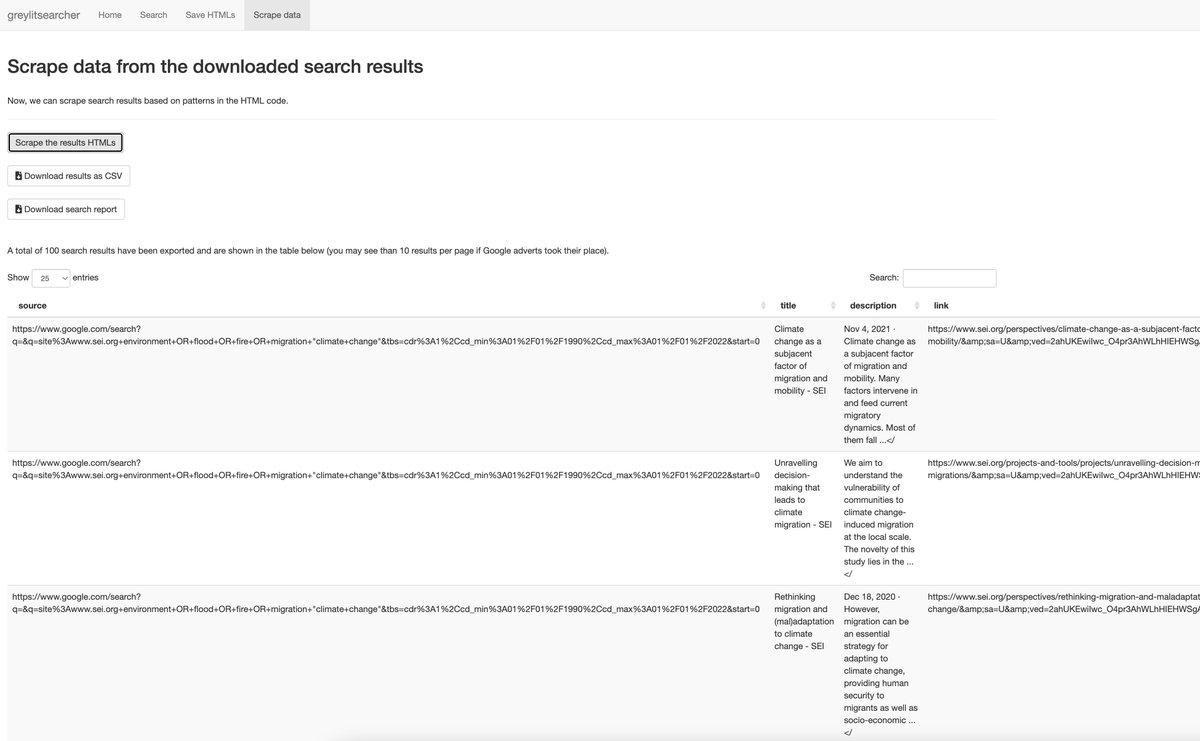
As well as downloading the CSV file of search results, you can save a search history record, showing exactly what you searched for and when, and which URLs were grabbed and scraped. 

If you have any feedback or troubles using greylitsearcher, please let me know by adding an issue on the GitHub repository here:
github.com/nealhaddaway/g…
github.com/nealhaddaway/g…
• • •
Missing some Tweet in this thread? You can try to
force a refresh









